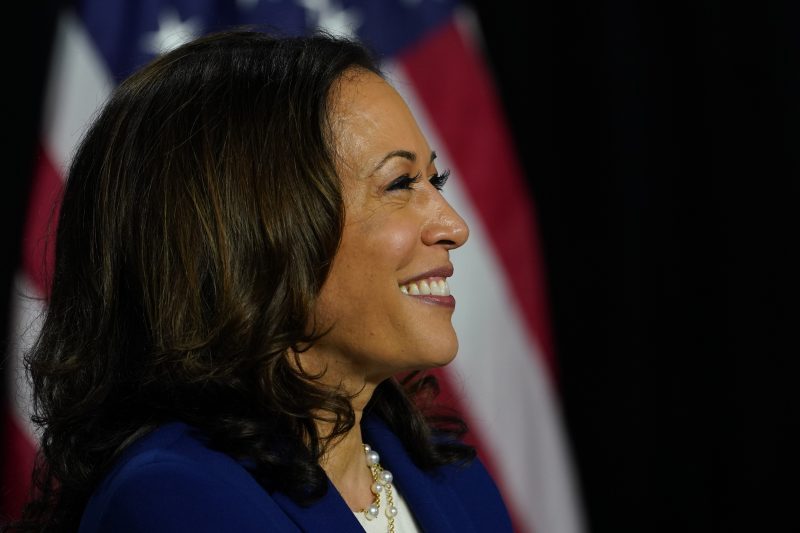
Riding the Wave: Kamala Harris’s Evolution on Race through Busing and School Desegregation
How Busing and School Desegregation Shaped Kamala Harris’s Views of Race
School desegregation and busing have played significant roles in shaping the perspectives and views of many prominent figures, including Vice President Kamala Harris. Harris’s experiences with integration and the challenges of racism in her early years have influenced her stance on matters of racial equality throughout her life and career.
Born in 1964, Harris grew up during a time of considerable racial tension in the United States. In the wake of the civil rights movement, efforts were made to desegregate schools and promote racial integration, often through the controversial practice of busing. As a young girl, Harris was part of the second class to integrate her elementary school in Berkeley, California. This firsthand experience of the challenges and complexities of school desegregation deeply impacted her understanding of race and identity.
Busing, the practice of transporting students to schools in different neighborhoods to achieve racial integration, was a hotly debated issue during the 1970s. Harris’s journey to school on a bus each day not only exposed her to the systemic inequalities and injustices present in society but also instilled in her a sense of resilience and determination to fight for equal opportunities for all.
Harris has spoken about how the experience of being bused to a predominantly white school shaped her perspective on the importance of diversity and inclusion. She credits busing with expanding her worldview and fostering a commitment to social justice. This period of her life instilled in her a strong belief in the transformative power of education and the need to address systemic racism and inequality in all aspects of society.
The lessons Harris learned from her time with busing and school desegregation have continued to influence her political career. As a senator and now as the Vice President of the United States, she has advocated for policies aimed at promoting racial equity, affordable education, and access to opportunities for marginalized communities. Her experiences with desegregation have molded her into a passionate advocate for social justice and equality for all.
In conclusion, Kamala Harris’s early encounters with busing and school desegregation have had a profound impact on her views of race and identity. The challenges she faced and the lessons she learned during that critical period of her life have shaped her into a dedicated advocate for equality, diversity, and inclusion. Harris’s journey from a young girl riding a bus to school to becoming the first female Vice President of the United States stands as a testament to the enduring influence of her experiences with desegregation in shaping her beliefs and values.
